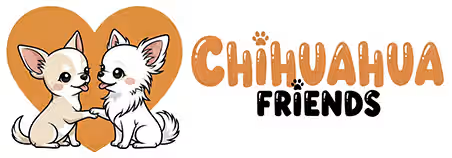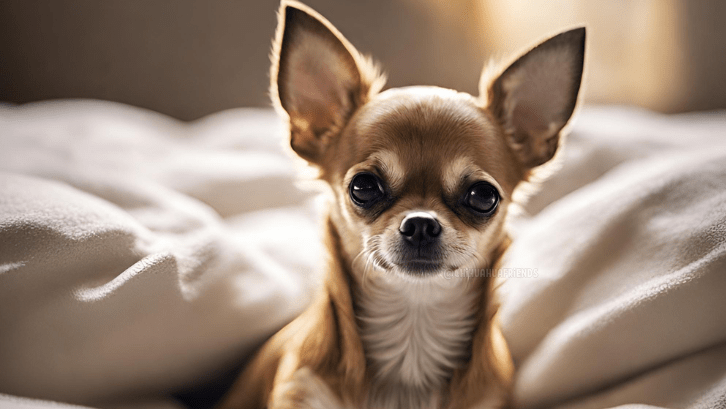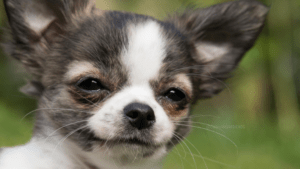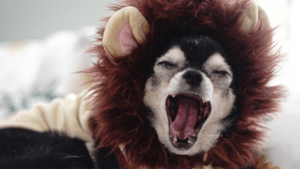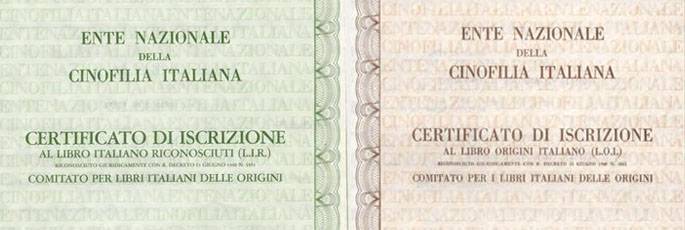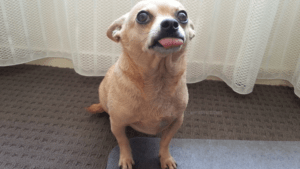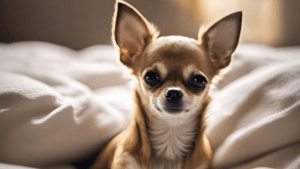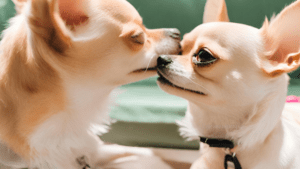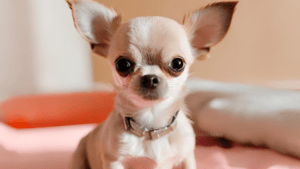10 basic rules for handling a puppy in the family
In this article we will address the 10 basic rules to best manage the relationship between the puppy and the new “human” family.
In this article we will address the 10 basic rules to best manage the relationship between the puppy and the new “human” family.
1. The dog communicates with humans using the communication patterns that mother nature has provided. For this reason, it is essential that one member of the family (pack) becomes the leader of the group.
2. A leader is not a despot, but a safe guide whom the cub relies on; other members of the pack cooperate in managing the cub by following the actions indicated by the leader.
3. The dog instinctively recognizes and uses behaviors that are important for management and communication within the group; these apply to:
– Food management
– Space management
– Contact management
– Management of sexuality
4. Food management: the puppy, from the first moment it enters the house, must always eat after the owners; it can attend the owners’ meal, but cannot ask for food. The leader must find a place where the puppy can stay during the family meal.
5. Space management: the puppy cannot occupy a space from where it controls the accesses to the house or rooms, these are the so-called places of passage. The puppy cannot get on and off the couch, bed, or chairs without an explicit command from the leader or another family member. The dog must have other spaces in secluded places where it can stay quietly.
6. Contact management: if the puppy seeks contact (especially if impetuously, jumping on people) it should not always be considered; it should be ignored during certain times of the day. You have to play it cool and then call him when he is quiet somewhere in the house and give him lots of cuddles.
7. Management of sexuality: In the wild, only the pack leader can consummate the sexual act in public, so it is important to stop the puppy whenever it does the act of mounting on legs or objects in the presence of the owner.
WARNING: Mounting has not only a sexual meaning (for it to be so, there must first be courtship, then erection and union of the two subjects), but it also has a social meaning of dominance and that is why puppies ride objects or people.
8. Education to soil: education to soil starts from the first day the puppy enters the house. It is important to be consistent and use method: reward him when he soils in the correct places; ignore him when he soils where he should not. It is also important not to clean with ammonia or bleach-based products, but always use water and vinegar or alcohol, having first removed the dog.
9. Rules are the basis of a proper and rewarding relationship for both the dog and its owners, plus rules have a calming and relaxing power.
10. The rules for them to be learned and adhered to must be consistent and also be followed by the owner who must behave toward his animal as a safe driving. I advise all new owners, to take “Puppy classes” or single education courses with Dog Educators or Veterinary Behaviorists: this will allow a beautiful and peaceful coexistence with your dog.
Dr. Frida Thèdy
Adler Veterinary Clinic
